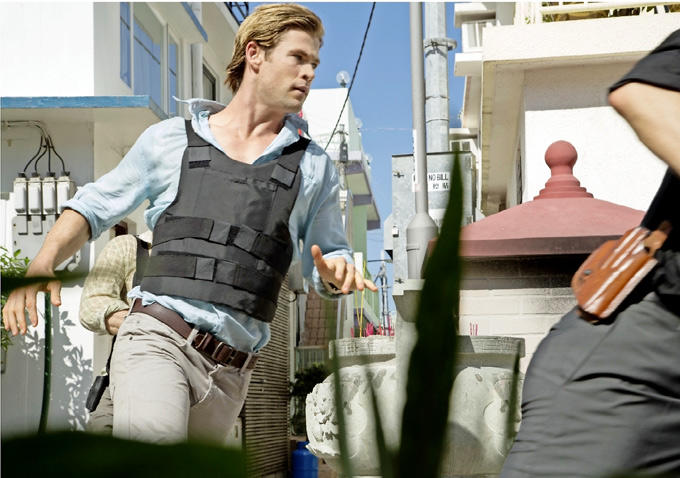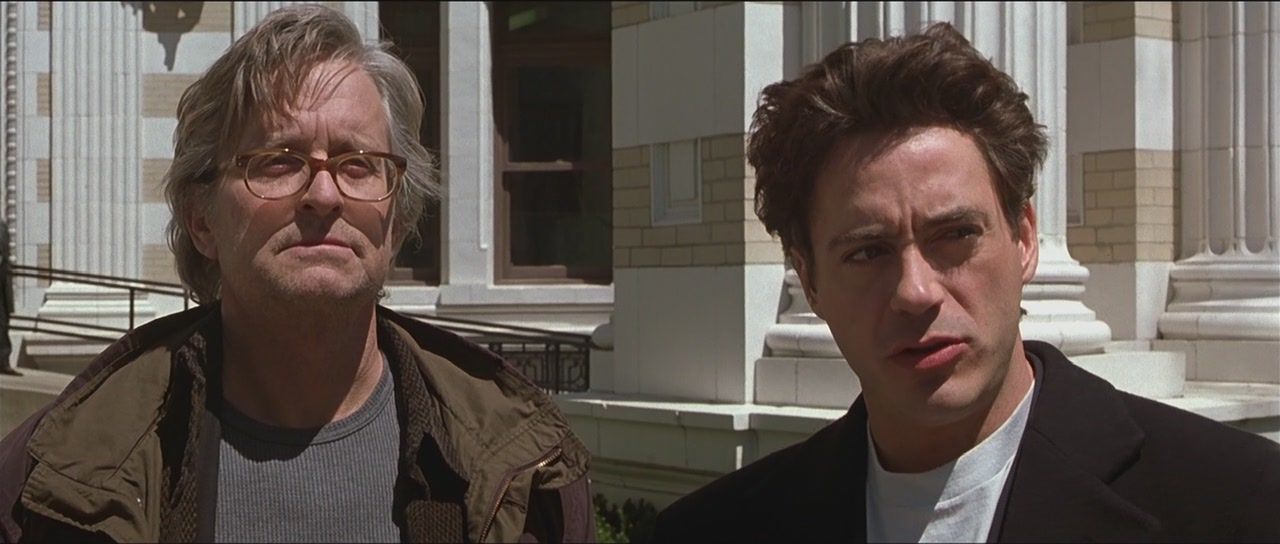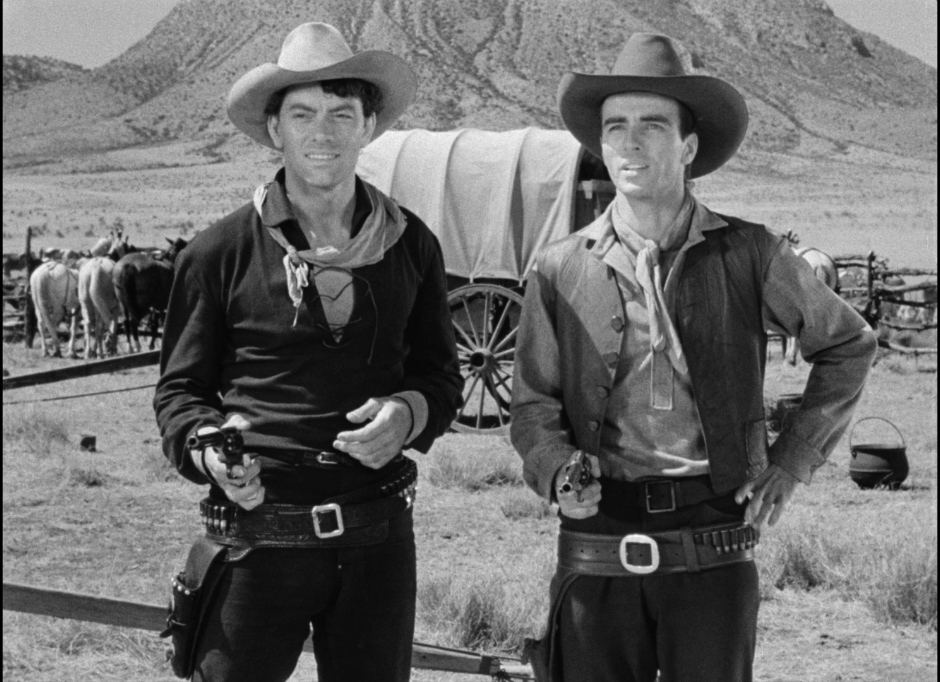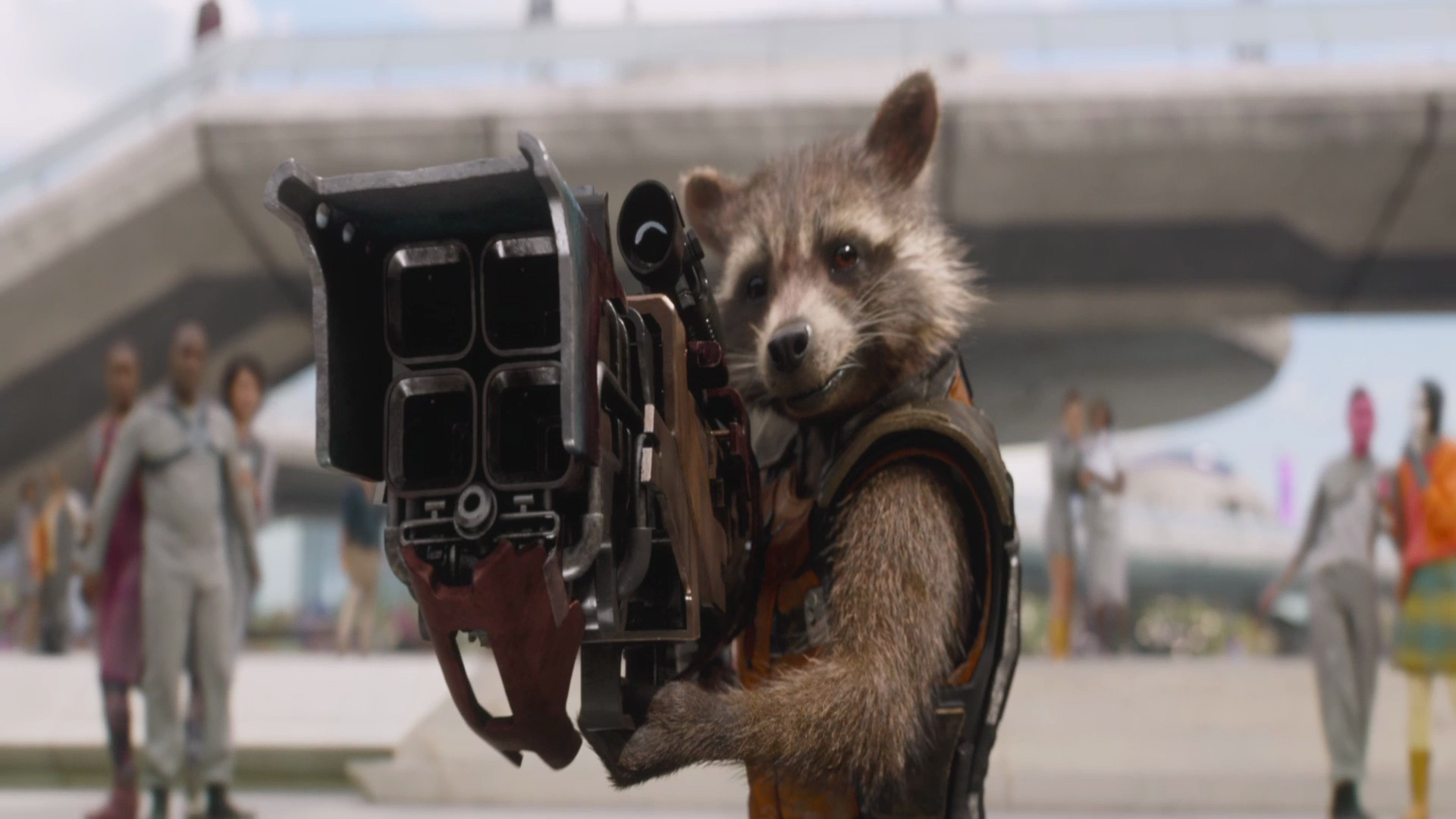As a Michael Mann fan I feel that I have a pretty good idea of what a Michael Mann film is supposed to look like. More specifically I know that using the term “film” is rather inaccurate as Mann began shooting digital as far back as 2001 for select moments in Ali and has remained faithful since. While digital has gradually become the standard with most filmmakers jumping through hoops in effort to make their video look like film, Mann has gone another way and embraced what makes digital unique. He loves to shoot in the dark and crank that ISO to the point where you can watch the pixels dance. Even the daylight scenes have a jagged edge to them that really comes out in action scenes. So why do the first few production stills for his new film Blackhat look like this?
Traditionally production stills are shot on the film’s set, under the same lighting conditions as the scene in question and often with the same size lens. The key is to give as accurate a depiction of the film being advertised as possible. Stanley Kubrick even went so far as to strike his stills from the original camera negative. Having now seen the Blackhat trailer (which very much resembles a traditional Michael Mann film) it seems almost as though Universal’s publicity department is trying to hide something.
I guess they could be trying to hide the fact that it’s a Michael Mann film since his last two features (Miami Vice and Public Enemies) didn't really light the world on fire. But what seems more likely is that they are attempting to brand this film as a generic action film. They want to make you think this is a film like any other. But it isn’t. This is a Michael Mann film. Just as he chooses digital video for all the ways in which it is DIFFERENT from film, cinephile audiences go and see a Michael Mann film specifically for all the ways in which it is DIFFERENT from a generic action film. Say no to sameness! Embrace aesthetic diversity!



















